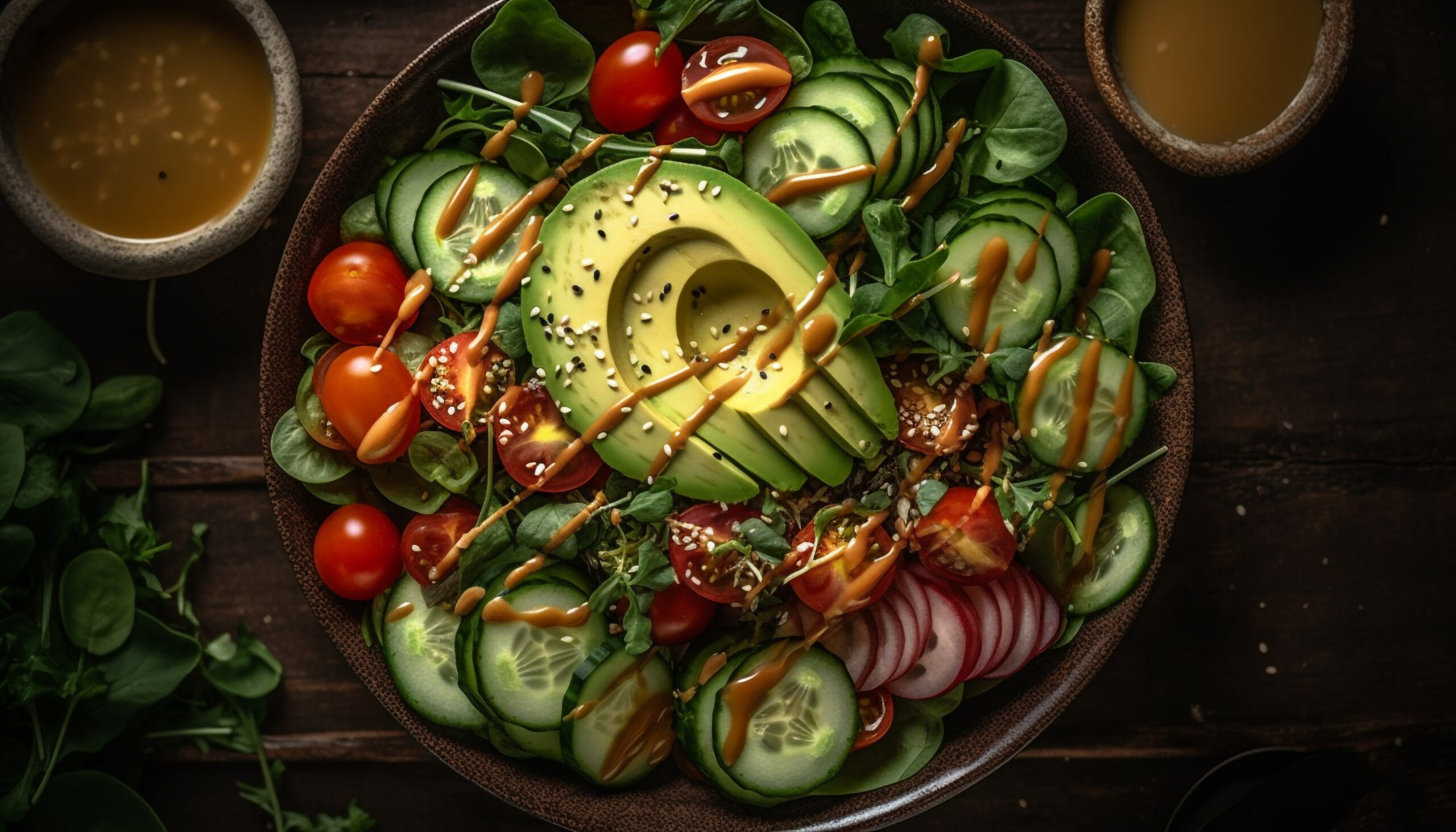What Is a Ketogenic Diet? Everything You Need to Know
Imagine your body as a sleek, high-performance car, but instead of guzzling gasoline, it’s burning fat like a champ. That’s the magic of the ketogenic diet, a low-carb, high-fat diet that’s taken the health and fitness world by storm. Whether you’re a weight loss seeker, a fitness enthusiast, or just curious about the keto lifestyle, this blog post is your one-stop guide to understanding the ketogenic diet. From the science of ketosis to practical tips for keto beginners, we’ll break it all down in a way that’s fun, engaging, and easy to digest. Ready to dive into the world of fat-burning diets? Let’s get started!

What Exactly Is a Ketogenic Diet?
At its core, the ketogenic diet (or keto diet for short) is a low-carb, high-fat diet designed to shift your body’s primary fuel source from carbohydrates to fat. Typically, a keto meal plan consists of about 70-75% fat, 20-25% protein, and only 5-10% carbohydrates. This drastic carb restriction forces your body into a metabolic state called ketosis, where it burns fat for energy instead of glucose.
Think of it like flipping a switch in your body’s engine. Normally, carbs are broken down into glucose, which powers your cells. But when you slash carbs, your liver starts producing ketones from fat, which become your new energy source. This is why the keto diet is often called a fat-burning diet. Fun fact: the diet was originally developed in the 1920s to help manage epilepsy, but today it’s a go-to for weight loss, improved energy, and even diabetic patients looking to stabilize blood sugar.
The Science Behind Ketosis and Keto Benefits
Let’s geek out for a second on the keto science. When you follow a ketogenic diet, your body enters ketosis within a few days to a week, depending on your metabolism. In ketosis, your body becomes a fat-burning machine, tapping into stored fat and dietary fat for fuel. This can lead to some impressive keto benefits:
- Weight Loss: Studies show that low-carb diets like keto can lead to faster initial weight loss compared to low-fat diets, largely due to reduced water retention and appetite suppression. For example, a 2003 study in the New England Journal of Medicine found that keto dieters lost more weight over six months than those on a low-fat diet.
- Blood Sugar Control: By minimizing carbs, the keto diet can help diabetic patients manage blood glucose levels. A 2018 study in Diabetes Therapy reported that keto improved HbA1c levels in type 2 diabetes patients.
- Mental Clarity and Energy: Many keto dieters report sharper focus and sustained energy, as ketones provide a steady fuel source for the brain.
Picture this: Sarah, a busy mom and fitness enthusiast, struggled with mid-afternoon energy crashes. After switching to a keto lifestyle, she noticed her energy levels stabilized, and she could power through workouts without needing a sugary energy drink. That’s the ketogenic nutrition difference!
What Can You Eat on a Keto Diet?
One of the best parts of the ketogenic diet is that it’s not about deprivation—it’s about swapping carb-heavy foods for delicious, keto-friendly foods. Here’s a quick rundown:
- Fats: Avocados, olive oil, coconut oil, butter, ghee, and fatty cuts of meat.
- Proteins: Eggs, poultry, fatty fish (like salmon), and moderate amounts of red meat.
- Low-Carb Veggies: Leafy greens, broccoli, cauliflower, zucchini, and bell peppers.
- Nuts and Seeds: Macadamia nuts, almonds, and chia seeds (in moderation).
- Dairy: Cheese, heavy cream, and unsweetened Greek yogurt.
On the flip side, you’ll want to avoid high-carb foods like bread, pasta, rice, sugary snacks, and most fruits (except berries in small amounts). Pro tip: A keto meal plan might include a breakfast of scrambled eggs with avocado, a lunch of grilled salmon with a side of sautéed spinach, and a dinner of keto-friendly cauliflower pizza. Sound tasty? It is!

Potential Challenges and How to Overcome Them
Let’s be real: transitioning to a keto lifestyle isn’t always smooth sailing. Some people experience the “keto flu” during the first week, with symptoms like fatigue, headaches, or irritability as the body adjusts to carb restriction. The good news? This is temporary! Staying hydrated, replenishing electrolytes (think salt, potassium, and magnesium), and easing into ** ভারী ফ্যাট ডায়েট ** can help.
Another challenge is social eating. Imagine going to a friend’s barbecue where the table is loaded with buns, potato salad, and sugary drinks. Keto for beginners can feel daunting here, but planning ahead—like bringing a keto-friendly dish or eating a small meal beforehand—can keep you on track. Plus, with the rise of keto foods like almond flour baking mixes and low-carb tortillas, you can still enjoy your favorite dishes with a keto twist.
Who Should Try the Ketogenic Diet?
The ketogenic diet isn’t a one-size-fits-all solution, but it’s a fantastic option for many. Weight loss seekers love it for its fat-burning potential, while diabetic patients and low-carb lifestyle followers appreciate its blood sugar benefits. Fitness enthusiasts and personal trainers often use keto to fuel workouts and maintain lean muscle mass. Even medical students and wellness bloggers are diving into ketogenic nutrition to explore its therapeutic potential for conditions like PCOS or neurodegenerative diseases.
However, it’s not for everyone. Pregnant women, people with certain medical conditions (like kidney disease), or those who thrive on higher-carb diets may need to steer clear. Always consult a healthcare professional before starting a keto diet, especially if you’re on medication or managing a chronic condition.
Your Keto Lifestyle Takeaway
So, what’s the verdict on the ketogenic diet? It’s a powerful tool for weight loss, better energy, and improved health markers, all wrapped up in a high-fat, low-carb package. Whether you’re a keto beginner experimenting with keto meal plans or a seasoned keto dieter perfecting your fat-burning diet, the key is to make it sustainable and enjoyable. With the right keto foods, a sprinkle of creativity, and a dash of patience, you can unlock the full potential of this healthy eating approach.
Ready to give the keto lifestyle a try? Start small—swap out one carb-heavy meal for a keto-friendly alternative this week. Or, if you’re already a keto pro, share your favorite keto recipe in the comments below to inspire others! Whatever your journey, the ketogenic diet is a reminder that healthy eating can be delicious, satisfying, and transformative. What’s stopping you from firing up your body’s fat-burning engine?


